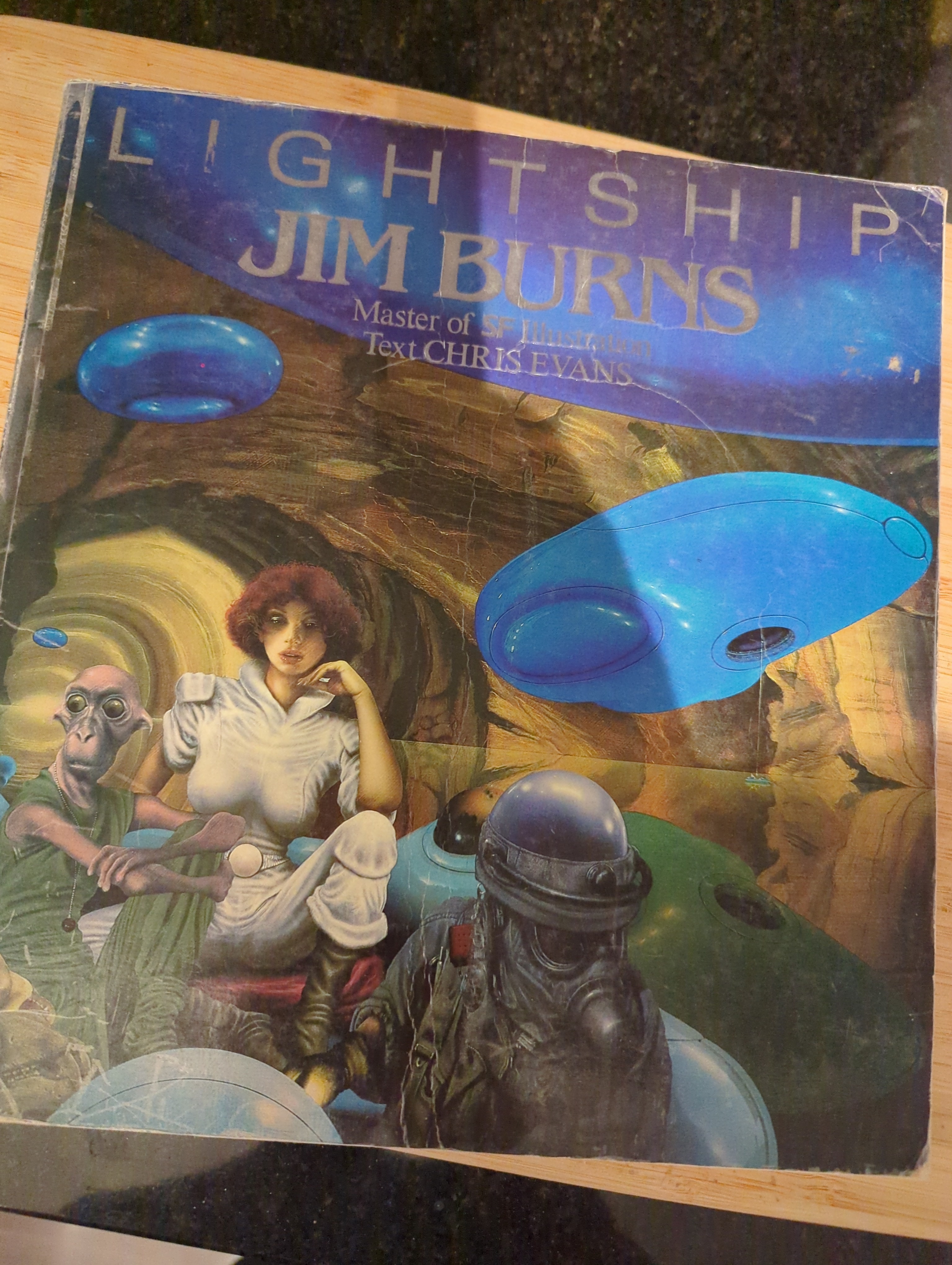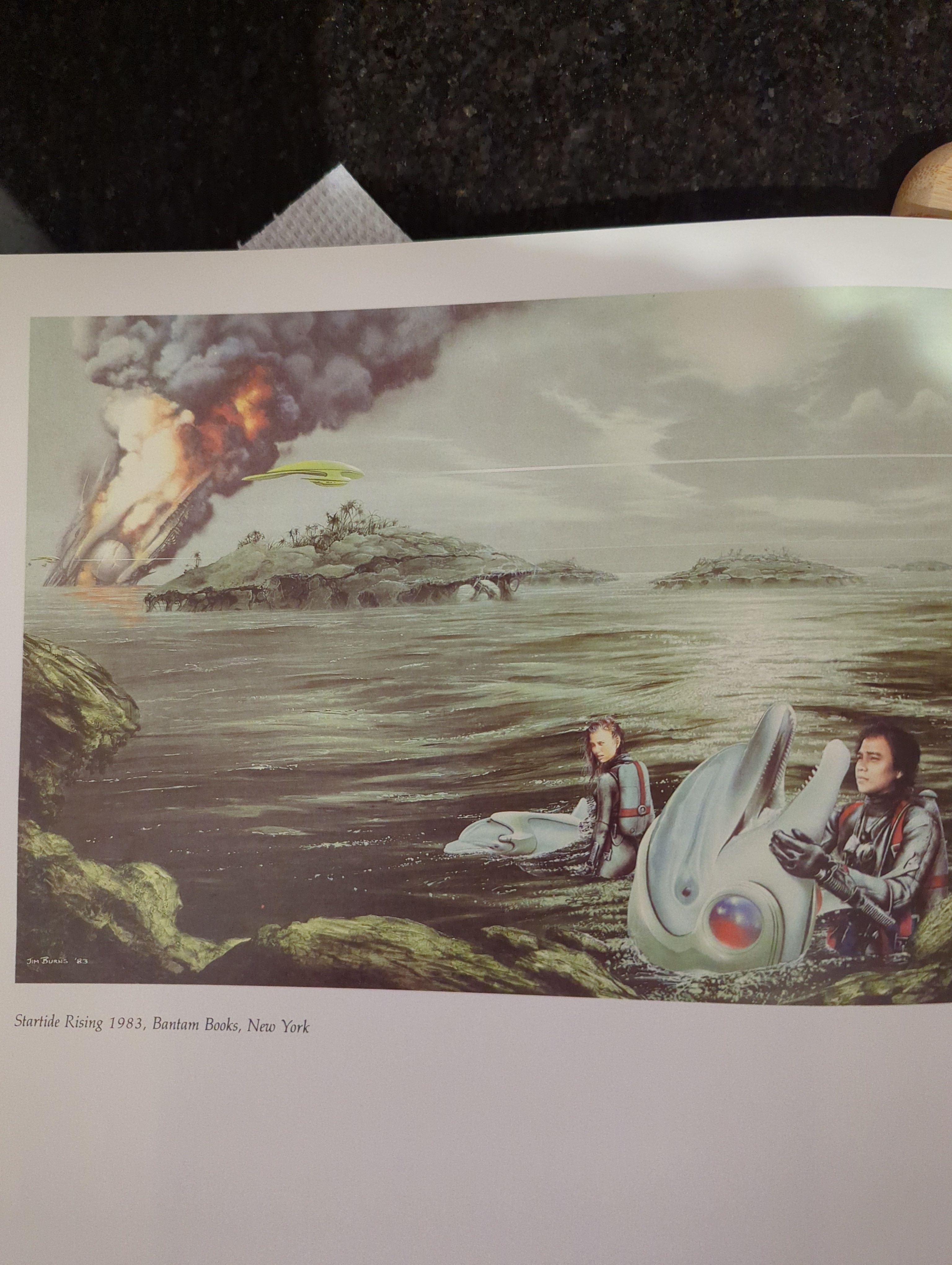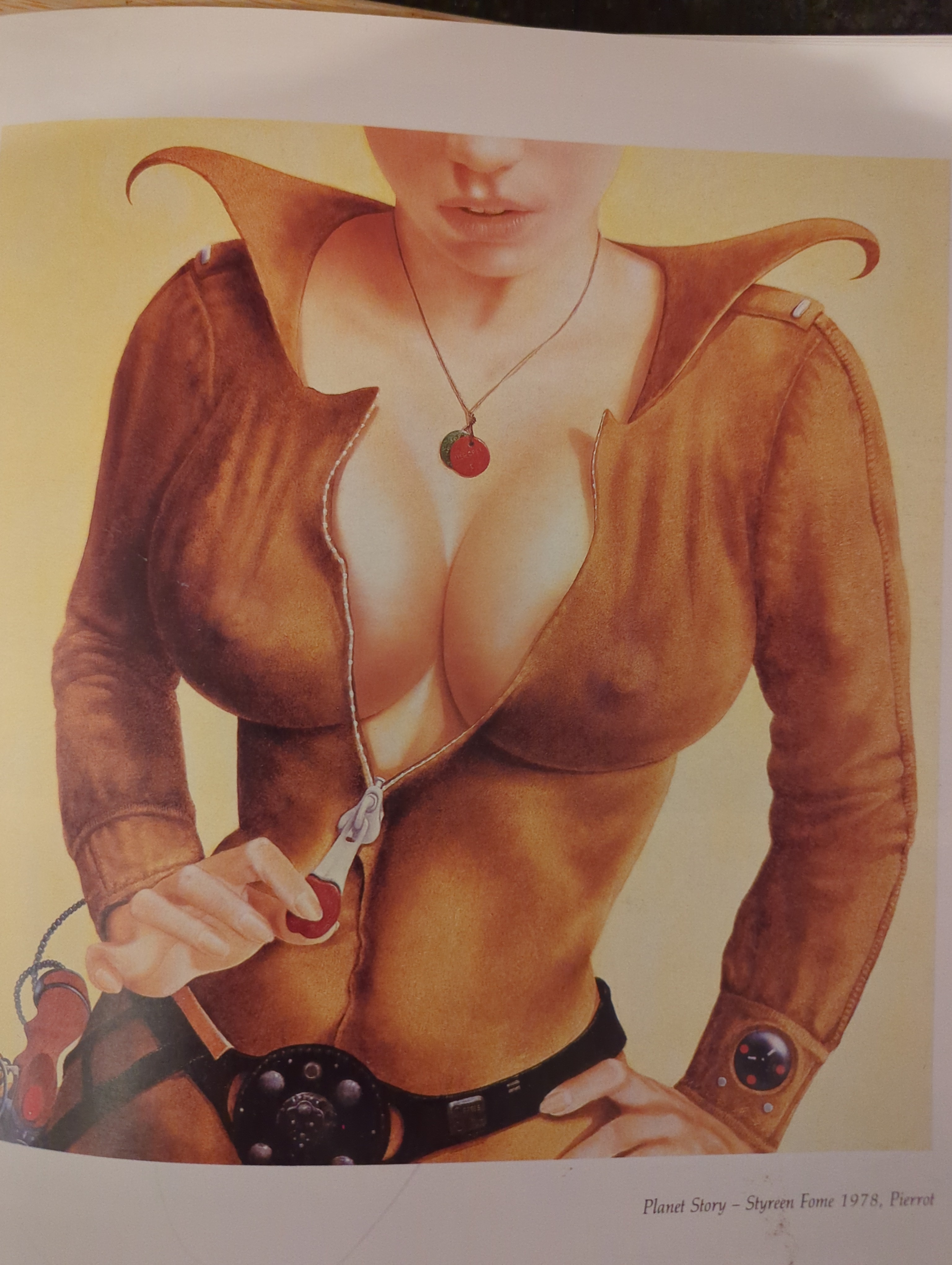Read one, wasn't bad. My main objection is that the Uplifted species are too humanish. If I read what a character was thinking, there wasn't a lot of difference between the chimps and the dolphins.
I'd suggest Poul Anderson for old school 'Star Trek' vibes. "War Of The Wingmen" and "Trader To The Stars" feature a much smarter version of Harry Mudd, a human merchant who wheels and deals with all sorts of aliens.
Adrian Tchaikovsky "Children Of Time" posits a future where a tiny handful of Earth ships have gone out to try and terraform various exoplanets. These uplifted species are way, way different from the humans and each other.



